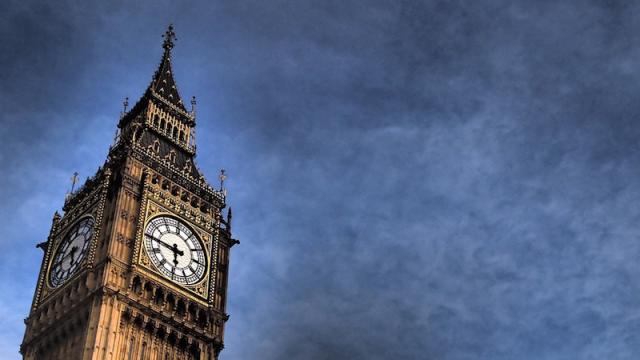The International Earth Rotation and Reference Systems Service (IERS), which sets the time which standardises the world’s clocks, just announced that it is tacking an extra second on to the end of 2016. What will you do with yours?
Image: Ahundt
It’s called a leap-second, and it’s added to a year to compensate for very slight changes in the Earth’s rotation. As our planet’s rotation infinitesimally slows, it puts our clocks ever so slightly out of whack. A leap second is an attempt to get back on track and make sure the time in our ultra precise atomic-clocks matches exactly with the time we measure via the Earth’s rotation.
Of course, it’s only a single second, hardly enough to notice if the IERS hadn’t announced it, but avoiding them can add up. The addition of leap-seconds first began in 1972 — and by then the lag was so big that we needed to jump a full 10 seconds at once to make up for it.
Since then, the IERS has remained on top of the process to avoid similar jumps, periodically shifting us a single second ahead as needed. It’s happened four times already — in 2005, 2008, 2012, 2015 — this decade. Now, we’re getting one additional second tacked on to the final minute of 2016, on December 31 at 11:59 pm.
[International Earth Rotation and Reference Systems Service]
